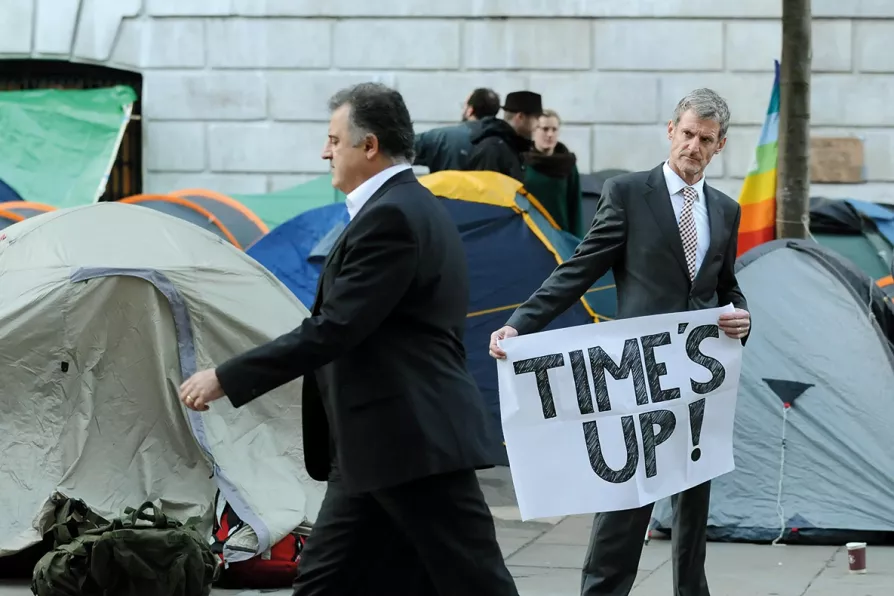John Wojcik pays tribute to a black US activist who spent six decades at the forefront of struggles for voting rights, economic justice and peace – reshaping US politics and inspiring movements worldwide


WHY do the International Monetary Fund (IMF), the World Trade Organisation (WTO) and the World Bank — three of the most highly regarded international economic organisations — project a bleak road ahead for the global economy?
Ominously, the World Bank warns of the possibility of a coming “lost decade” for economic growth.
In January of this year, the World Bank dropped its global growth projection for 2023 to 1.7 per cent from its June 2022 projection of 3 per cent.

It’s the dramatic rise of China with its burgeoning economy that has put the Trump administration into a frenzy – with major implications both at home and abroad, argues MICHAEL BURKE

In 2024, 19 households grew richer by $1 trillion while 66 million households shared 3 per cent of wealth in the US, validating Marx’s prediction that capitalism ‘establishes an accumulation of misery corresponding with accumulation of capital,’ writes ZOLTAN ZIGEDY

The US president’s universal tariffs mirror the disastrous Smoot-Hawley Act that triggered retaliatory measures, collapsed international trade, fuelled political extremism — and led to world war, warns Dr DYLAN MURPHY










